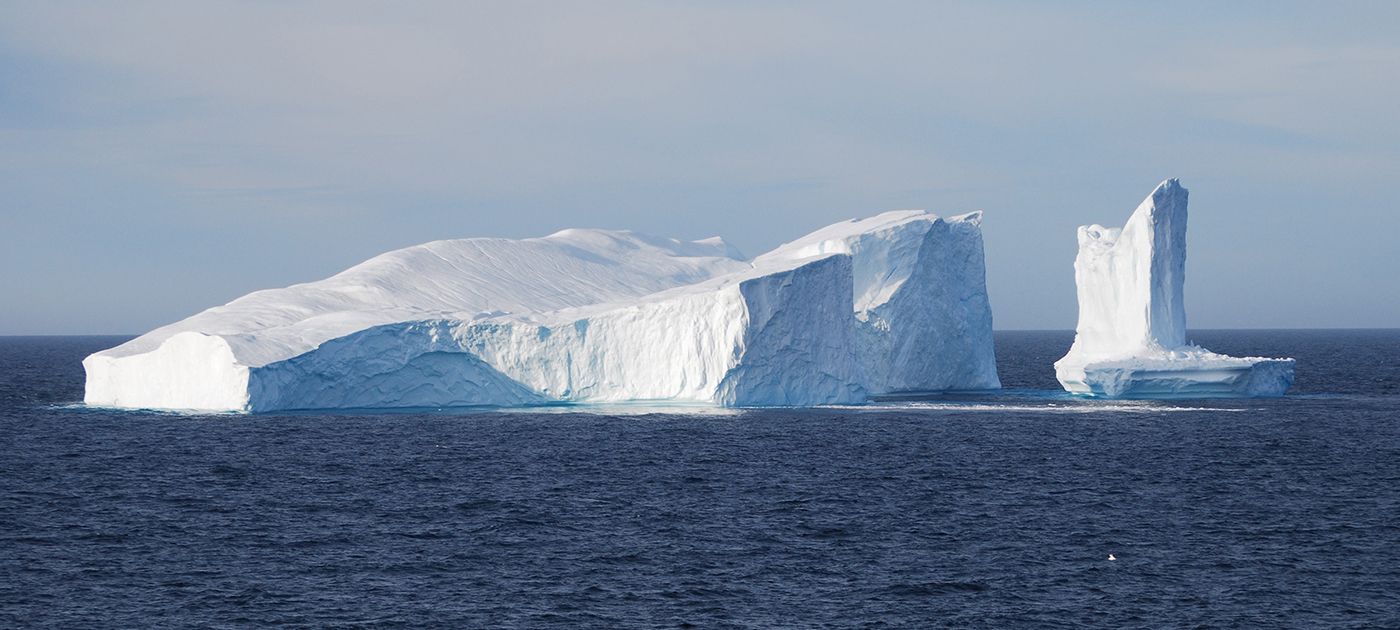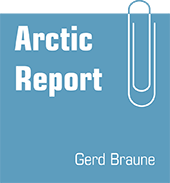For a long time the USA have been a reluctant actor in the Arctic, but now they are „waking up to the fact“ that they are an Arctic state, said Heather Conley from the Centre for Strategic and International Studies in Washington at the „Northern Lights“ conference in the Canadian capital Ottawa. „They are starting to become stronger“, she said, and for this she gave credit to Secretary of State Hillary Clinton who showed a strong interest in the Arctic.
Due to a heavy winter storm Conley´s flight from Washington to Ottawa had been cancelled. But she joined the conference live by tele-presence. „Northern Lights“, from February 1 to February 4 in Ottawa, is a „Business and Cultural Showcase“ of the Canadian East Arctic, focusing on Labrador, the Territory Nunavut and the Inuit regions of Nunatsiavut (Labrador) and Nunavik (Northern Quebec).
In the „Daily Newsletter“ for the conference, published by „Northern Lights“, Leo Valiquette, an Ottawa journalist, summarized Heather Conley´s remarks as follows:
Heather Conley, senior fellow and director of the Europe program at the Centre for Strategic & International Studies in Washington, DC, said the U.S. is only now, reluctantly, recognizing the need for it to address these kinds of issues.
“The Arctic is a peripheral concern for the United states,” she said, because it has only one state bordering the region and the cost of building up its presence in the area is a politically charged issue in this time of fiscal restraint.
To date, the U.S. presence in the arctic has primarily been a scientific one outside of NORAD and the DEW Line. But as the polar ice melts, she acknowledged that the U.S. must shift its attention and determine how it can economically build a presence in a region where it currently has only one Coast Guard vessel capable of ice breaking.
“We are aspirational in our strategies but we don’t have the capabilities to meet these challenges,” she said. “This is where the private sector will play a crucial role” even on the security side.
What the U.S. government must determine is what form that role will take.
Her concern is that it may require a catastrophe that “takes the U.S. flat-footed” to make it appreciate how it must invest in proper capabilities in the area.
In addition, she acknowledged that Canada and the U.S. must “agree to disagree” and get to work to resolve their issues with regards to claims over the Northwest Passage.

